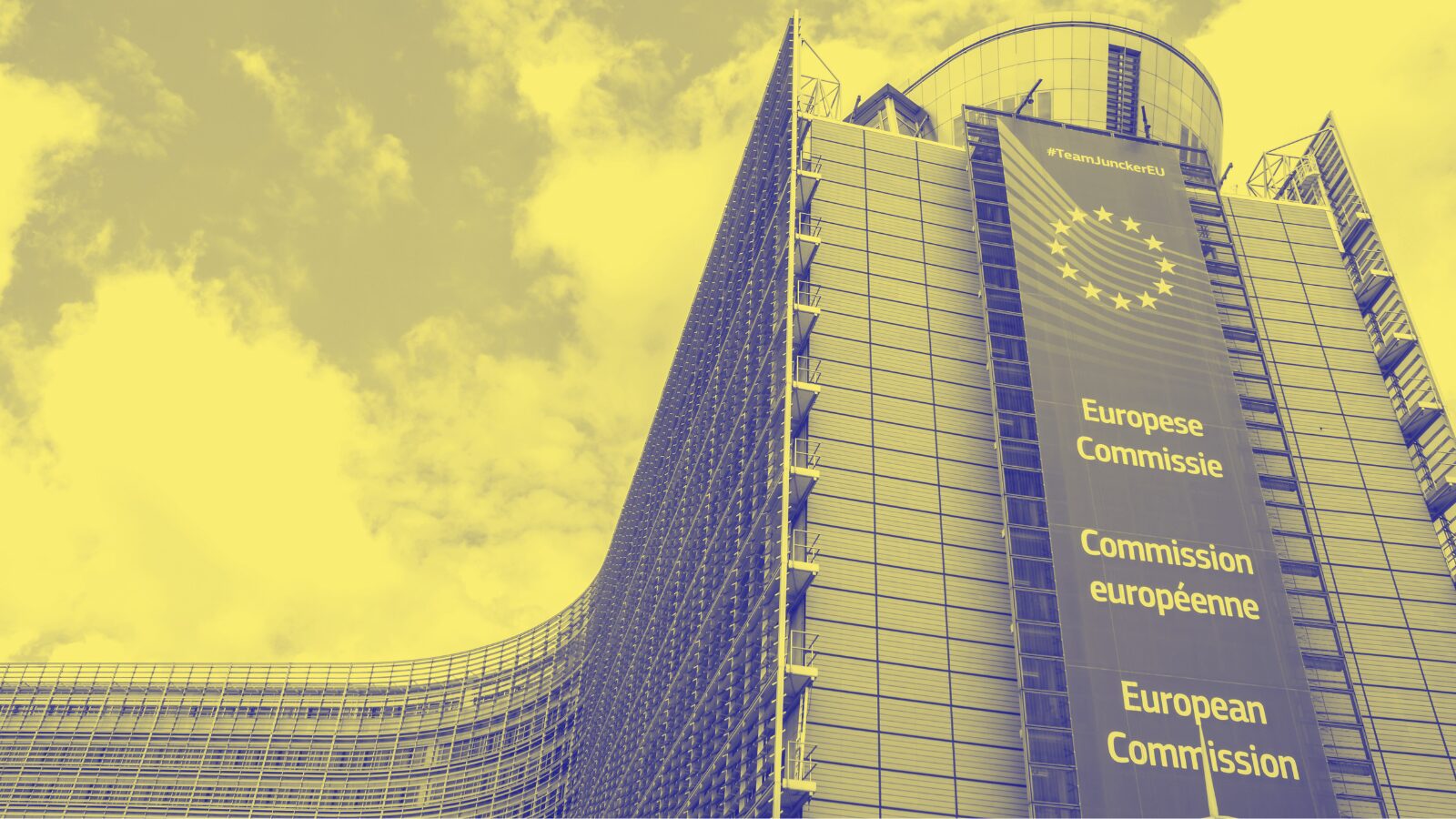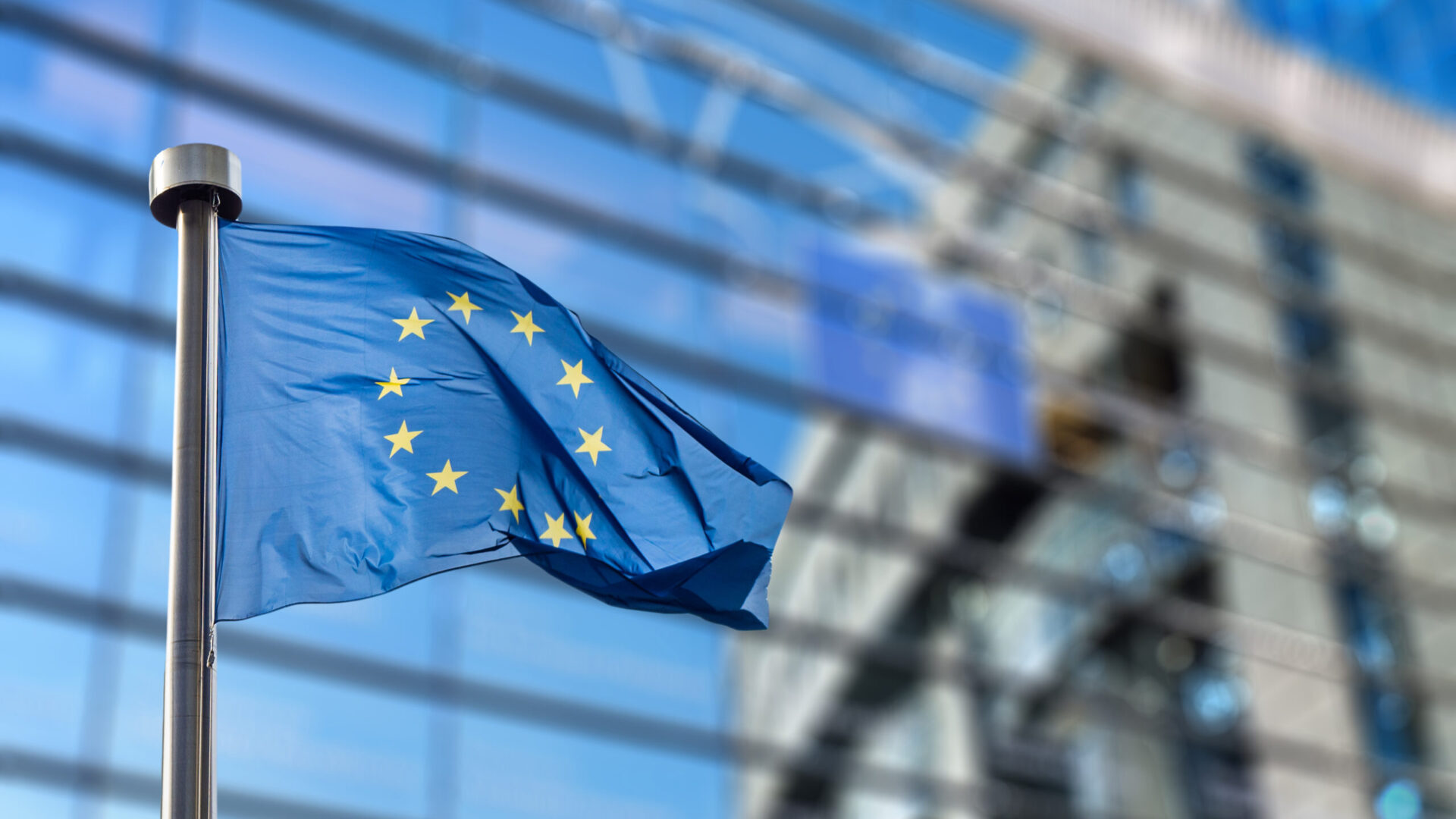Fighting interference: the Defence of Democracy Package
The Defence of Democracy Package brought forward by the European Commission aims to face the threat of foreign interference with more transparency, while upholding civic engagement and citizens’ participation in our democracies. The most important element of the package is a proposal for a directive on transparency of interest representation activities carried out on behalf of third countries to counter foreign interference.
EPD and a number of other organisations working in democracy support are deeply concerned by the potential negative consequences that a directive on foreign interference might have on the protection of civic space. On this webpage, we share information on the legislative process and implementation and collect the most relevant research and positions on the legislative file.
Why should you care?
The Directive on transparency of interest representation activities carried out on behalf of third countries aims to harmonise the internal market in relation to activities carried out by foreign-funded people or organisations (foreign interference). However, the current proposal will not be able to effectively tackle foreign interference and is likely to cause more harm than good. It will not counter malign foreign interference efficiently, as malign actors could exploit existing gaps. Furthermore, the Directive undermines the credibility of the EU in addressing and fighting against restrictive foreign-funding legislation within and outside of the EU.
Why should you care?
The Directive on transparency of interest representation activities carried out on behalf of third countries aims to harmonise the internal market in relation to activities carried out by foreign-funded people or organisations (foreign interference). However, the current proposal will not be able to effectively tackle foreign interference and is likely to cause more harm than good. It will not counter malign foreign interference efficiently, as malign actors could exploit existing gaps. Furthermore, the Directive undermines the credibility of the EU in addressing and fighting against restrictive foreign-funding legislation within and outside of the EU.
Do you want to know more about the file? Contact our Policy Officer at [email protected].
A timeline of the Directive
Publication of the proposal for a Defence of Democracy Package.
The General Affairs Council held its first policy debate on the Defence of Democracy Package.
The European Parliament’s JURI Committee issued its draft report on the interest representation Directive.
The European Parliament’s IMCO Committee issued its working document on the interest representation Directive.
The European Committee of Regions adopted its opinion on the Defence of Democracy Package.
The European Economic and Social Committee adopted its opinion on the Defence of Democracy Package.
During the final GAC meeting under the Belgian Presidency, the interest representation Directive was one of the key topics.
The Directive broken down
Who is affected?
Who is affected?
Individuals engaging in lobbying activities, lobbying and public relations companies, think tanks, civil society organisations, private research institutes, public research institutes, researchers and consultants.
What does the proposal regulate?
What does the proposal regulate?
The proposal introduces registration requirements and reporting obligations for individuals and entities providing interest representation services on behalf of third countries. It also establishes public access to these registers, record-keeping obligations, independent supervisory authorities as well as safeguards to prevent stigmatisation of these entities.
Why did the EU propose a foreign-interference Directive?
Why did the EU propose a foreign-interference Directive?
In her 2022 State of the Union address, the President of the Commission, Ursula von der Leyen, announced the adoption of the Defence of Democracy Package, an initiative aimed at safeguarding democratic values. On 12 December 2023, Vice President and Commissioner for Values and Transparency Jourova presented the Defence of Democracy Package. It is featured on the EU Commission’s dedicated page for promoting democracy alongside the European Democracy Action Plan and it includes:
- a proposal for a directive on transparency of interest representation activities carried out on behalf of third countries;
- a recommendation to promote free, fair and resilient elections;
- a recommendation to encourage citizen and civil society participation in policy-making.
As its main objective, the Defence of Democracy Package seeks to address the threat of foreign interference by promoting increased transparency, a necessity underlined by a recent Eurobarometer survey revealing that 81% of Europeans consider foreign interference in democratic systems a pressing issue.
More specifically, the foreign-agent Directive contained in the Package proposes rules to establish a high level of transparency and democratic accountability in the Member States regarding lobbying (and similar) activities carried out by foreign-funded people and organisations. At the same time, with its recommendations, it seeks to promote inclusive and resilient electoral processes and encourage civic engagement and citizen participation in policymaking.
What are the key issues at stake?
What are the key issues at stake?
- Harmonisation: The Directive aims to harmonise the internal market, acknowledging the considerable divergence in Member States’ measures on this field. It is unclear how rules focusing exclusively on foreign-funded entities will effectively address cross-border obstacles and enhance the internal market’s overall functioning.
- Geopolitical Consequences: In the past, the EU has been critical of the “foreign agent” laws adopted in other countries. With this Directive, the EU could lose the ability to legitimately criticise discriminatory laws around the world.
- Capturing malicious actors: Actors wishing to remain covert could exploit existing loopholes in the Directive (e.g., using the exemption of operating grants from the reporting obligations). Some provisions rely on a chain of integrity between various actors (e.g., the possibility to ask actors if they are ultimately attributed to third countries).
- Stigmatisation: The need for transparency must be balanced with concerns about the stigmatisation of registered entities and the potential misuse of information by Member States to suppress civil society.
- Ignores internal threats: The Directive overlooks the “indirect involvement” of third countries in internal matters, for example establishing entities in the Member States with no apparent connections to these third countries. Private actors operating within the EU can also exploit the lack of transparency in funding.
Who are the key policy-makers on the Directive in the Parliament?
Who are the key policy-makers on the Directive in the Parliament?
Responsible for opinion: JURI Committee
Rapporteur: Guy LAVOCAT (Renew)
Shadow rapporteurs:
Daniel BUDA (EPP)
Ibán GARCÍA DEL BLANCO (S&D)
Angel DZHAMBAZKI (ECR)
Virginie JORON (ID)
Sergey LAGODINSKY (the Greens)
Who are the key policy-makers on the Directive in the Council?
Who are the key policy-makers on the Directive in the Council?
Council configuration: General Affairs Council (GAC)
Working Party: Working Party on General Affairs, chaired by the Belgian Presidency (January – June 2024), followed by the Hungarian Presidency (July – December 2024).
Our publications on Defence of Democracy
EU DOCUMENTATION
EU DOCUMENTATION
Council of the EU
- General Affairs Council, discussion on the interest representation Directive, 25 June 2024
- Belgian Presidency discussion paper on the interest representation Directive
- Policy debate on the ‘Defence of Democracy’ package, 29 January 2024
European Commission
- Communication on Defence of Democracy
- Proposal for a Directive on Transparency of Interest Representation on behalf of Third Countries
- Recommendation on inclusive and resilient elections
- Recommendation on the participation of citizens and civil society organisations in public policy-making
European Committee of the Regions
Opinion of the European Committee of the Regions – Defence of Democracy
European Economic and Social Committee
European Parliament
- IMCO working document on the proposal for a directive establishing harmonised requirements in the internal market on transparency of interest representation carried out on behalf of third countries and amending Directive (EU) 2019/1937
- DRAFT OPINION on the proposal for a directive of the European Parliament and of the Council establishing harmonised requirements in the internal market on transparency of interest representation carried out on behalf of third countries and amending Directive (EU) 2019/1937
GREAT READS
GREAT READS
- Civil Liberties Union for Europe (2023), The Defence of Democracy needs free NGOs, here.
- Jones, K. (EPRS) (2023), Legal loopholes and the risk of foreign interference, here.
- Kriener, F., Harth, L. & Wolff, J. (2023), The EU Response to Foreign Interference: Legal Issues and Political Risks, here.
- Kriener, F., Harth, L. & Wolff, J. (2022), Responding to foreign interference in the EU: beware of unintended consequences, here.
- OSCE (2015), Guidelines on Freedom of Association, here.
- Poppe, A. E. & Wolff, J. (2017), The contested spaces of civil society in a plural world: norm contestation in the debate about restrictions on international civil society support, here.
- UN General Assembly (2016), Report of the Special Rapporteur on the rights to freedom of peaceful assembly and of association, here.
- Venice Commission (2019), Report on funding of associations, here.
Our work on this file is financed by the Open Society Foundations.
Photo by Dmytro on Adobe Stock.





